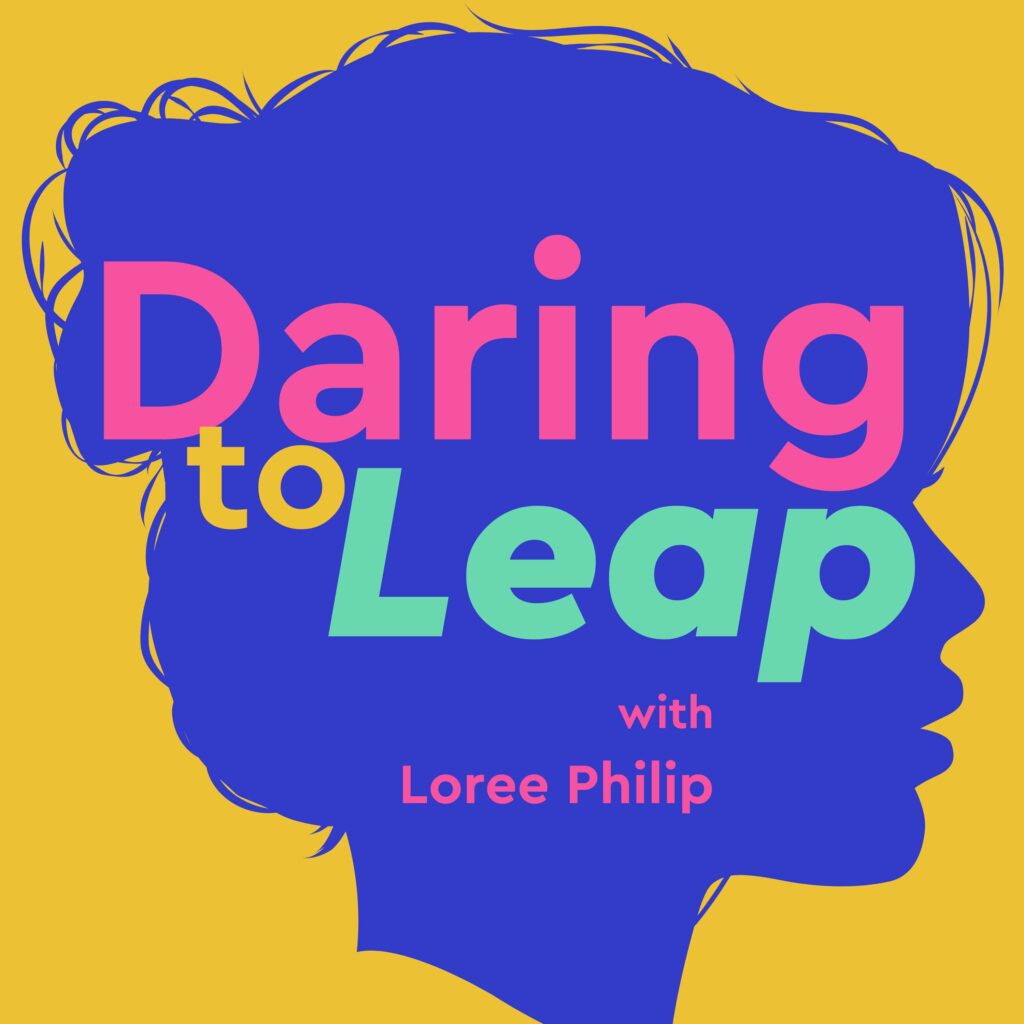Are you ready to harness your unique brilliance and stand out from the crowd to establish yourself as an authority in your field?
Our special guest this week on Daring to Leap is Candice Davis a book coach. In our conversation, we explored how writing a book can skyrocket your career, establish you as an expert, and open doors to speaking engagements and leadership opportunities.
And guess what? You, yes YOU, have a story to tell and unique knowledge to share!
By listening to this episode, you will:
- Understand the pros and cons of traditional publishing vs. independent publishing.
- Discover the empowering journey of authors who overcame doubts and obstacles to become successful writers.
- Gain practical advice on how to navigate the publishing process and position yourself as an authority figure in your field.
Tune in now to learn how writing a book can be a game-changer for your career!
Are you ready to shed self-doubt and fears that are keeping you from taking your leap? Let’s chat! Book a FREE Confidence to Leap call with Loree Philip: HERE
Connect with Candice:
https://www.linkedin.com/in/coachcandiceldavis/
More Career Support from Host & Career Coach, Loree Philip
GET YOUR FREEBIE! Career Energy Boost GUIDE: 5 Strategies To Add Life And Vibrancy To Your Career – Grab your copy HERE.
Connect with Loree:
Instagram – @loreephilip
LinkedIn – @loree-philip

